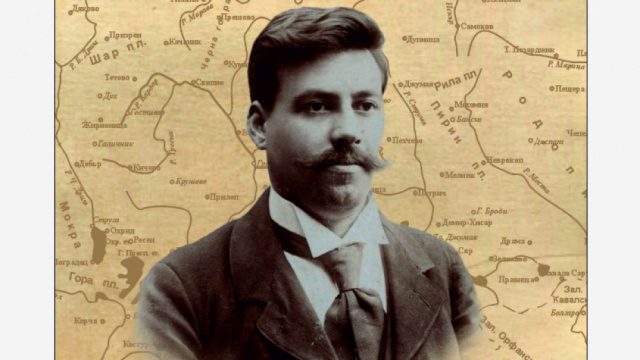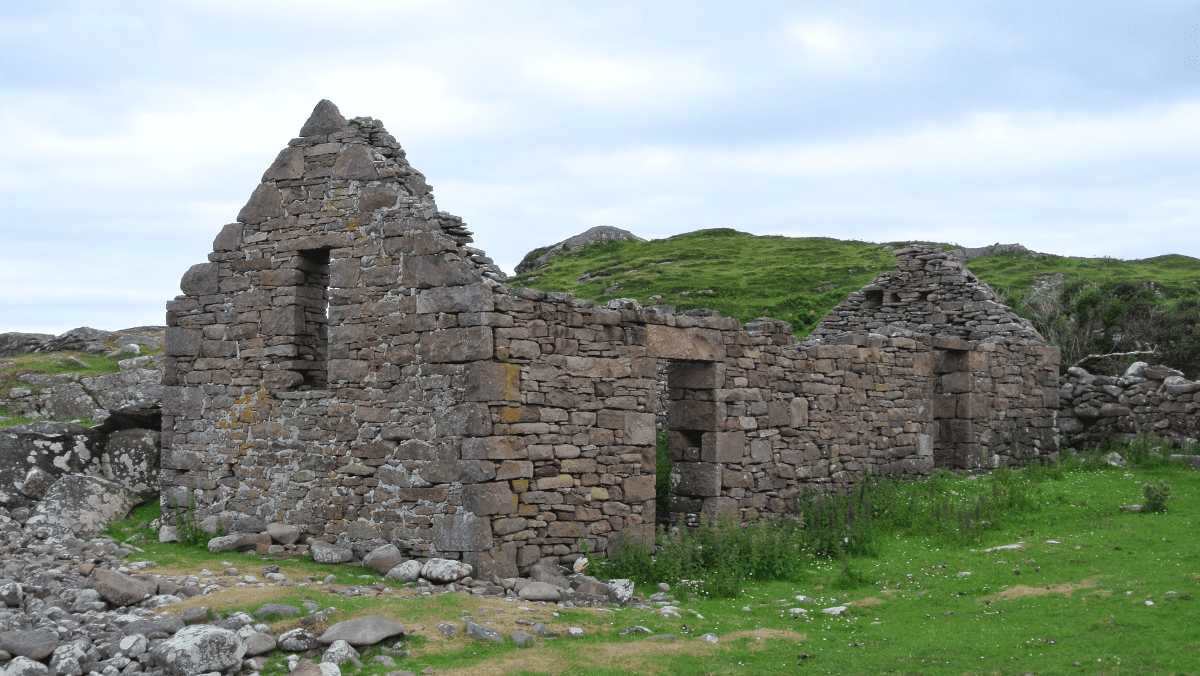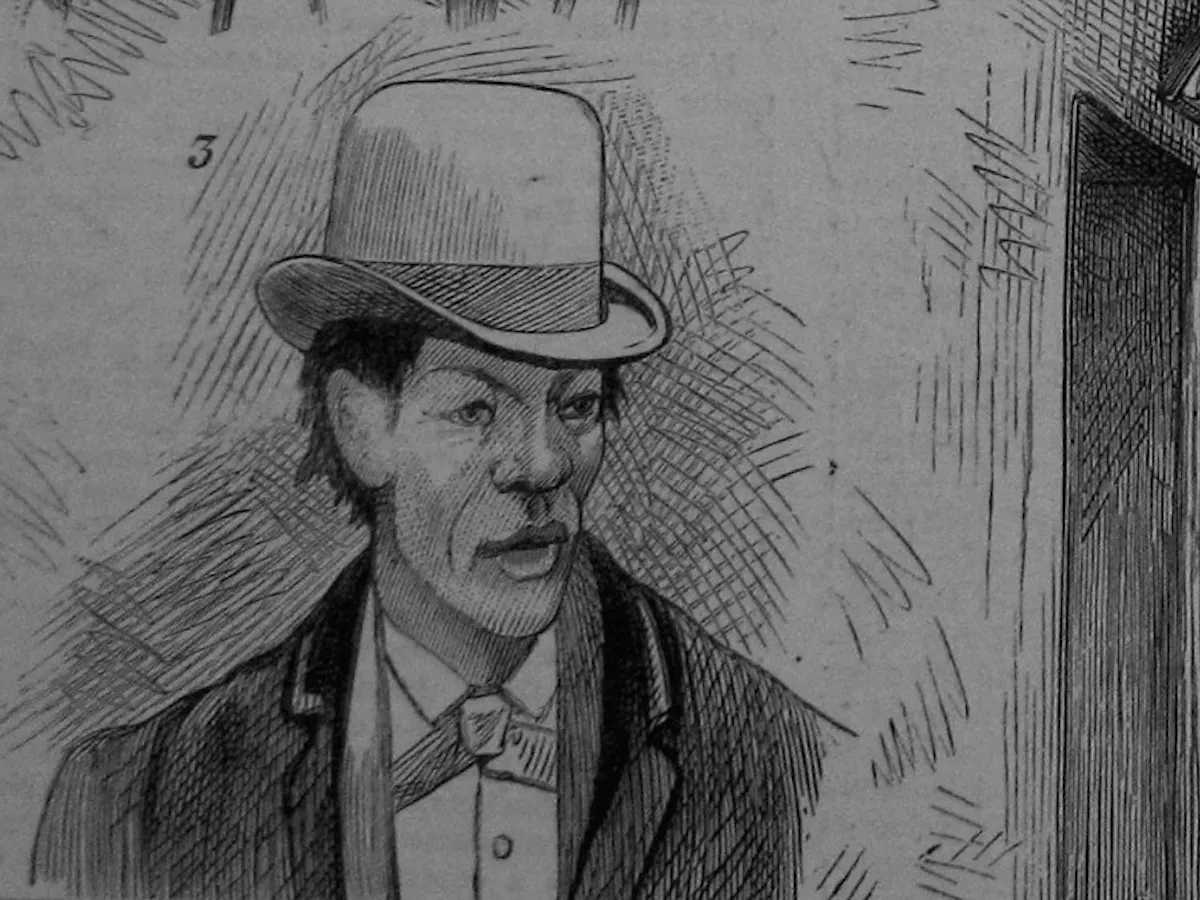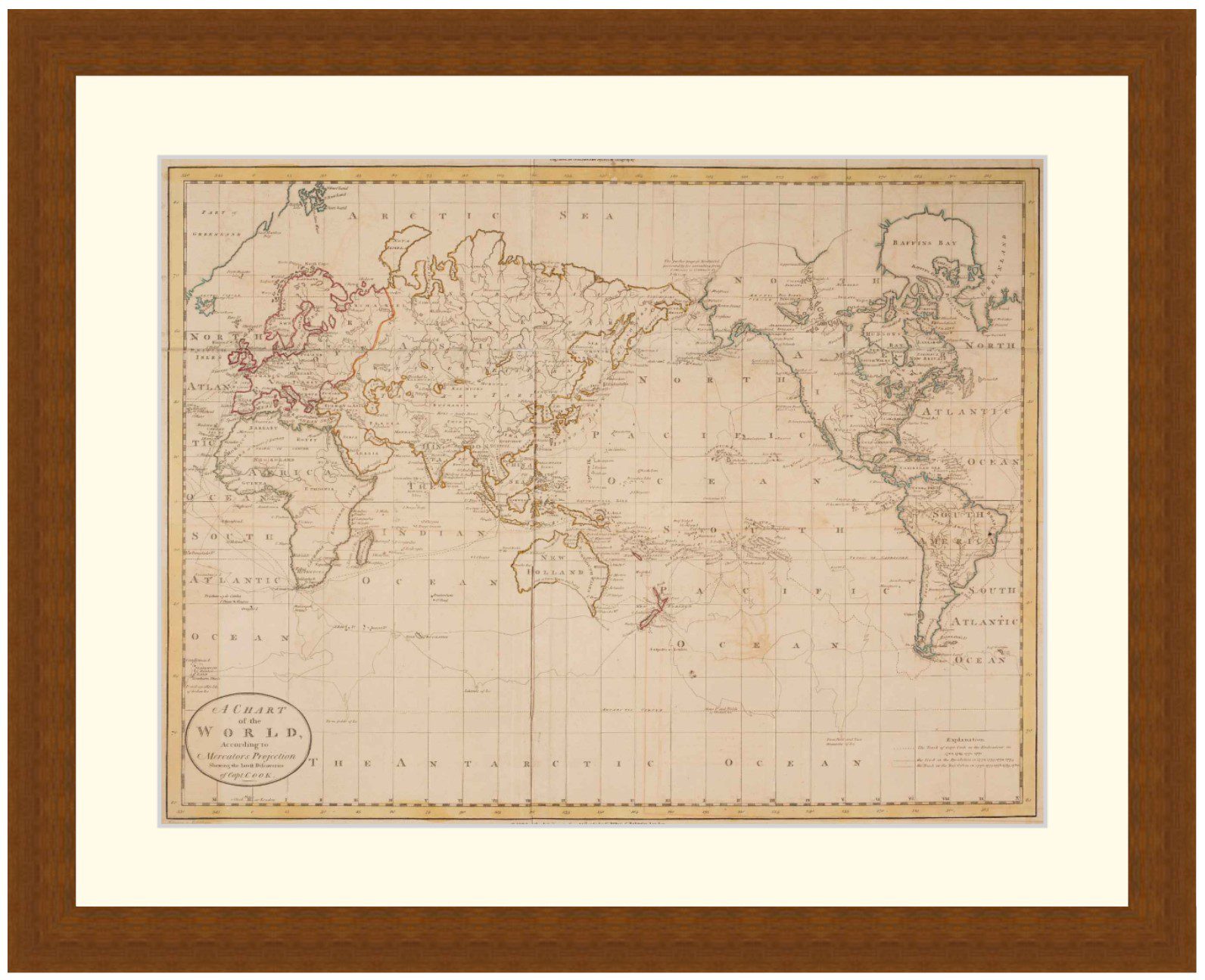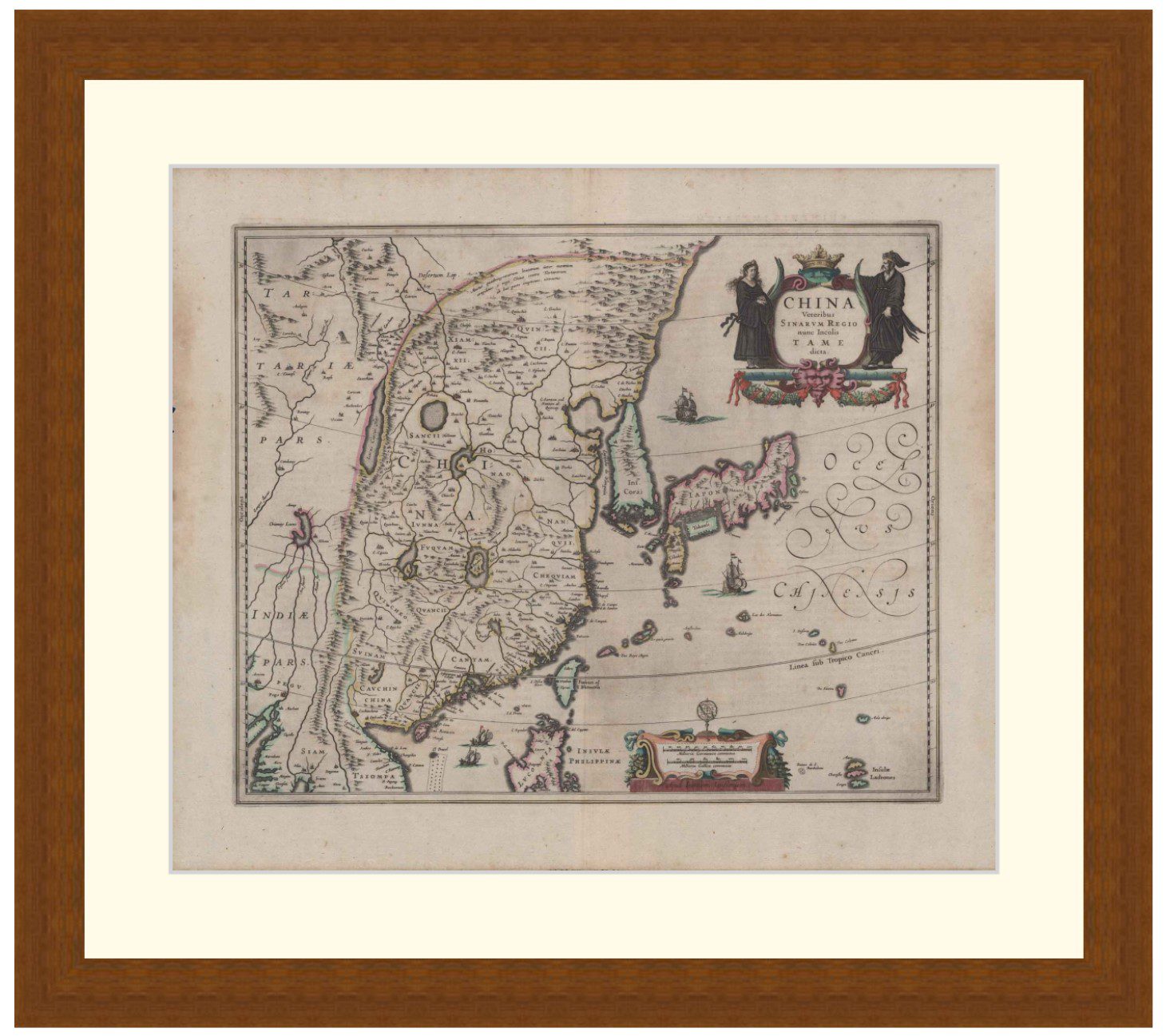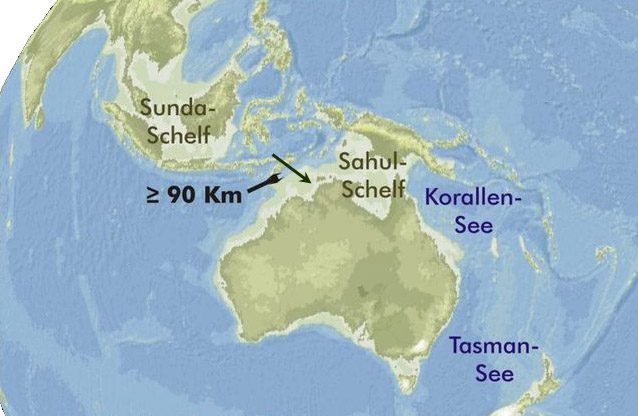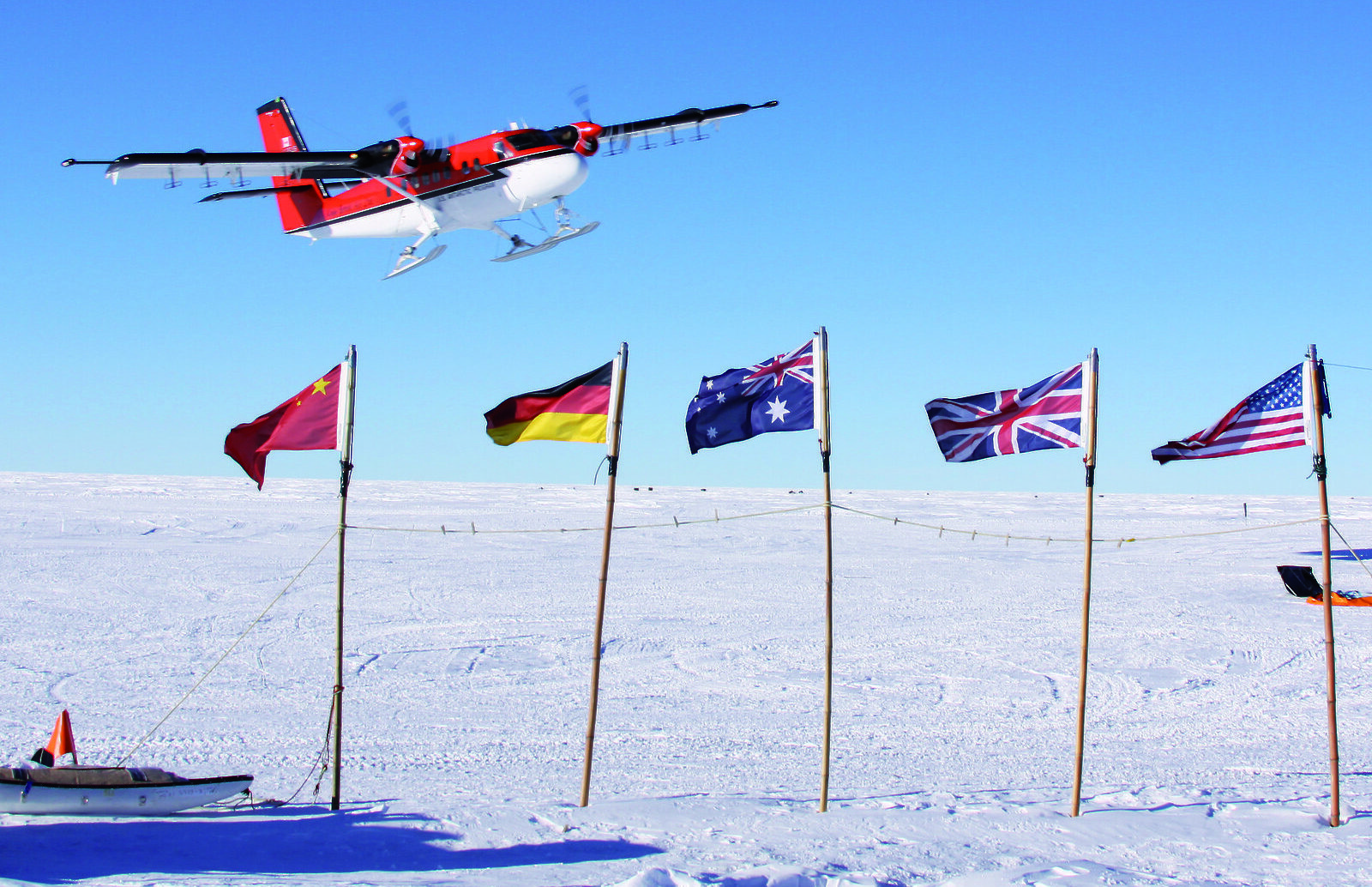Reading time: 7 minutes
North Macedonia, an EU candidate since 2005, and Bulgaria, an EU member since 2007, are neighbors that have several commonalities in terms of history and culture. Despite the commonalities, in recent years commemorations and public memory have increasingly led to bitterness between the two nations, including political threats and even physical altercations at various sites of memory. Bulgarian perspectives over North Macedonia’s history and culture present a major roadblock for the latter’s EU membership, as well as general stability in the Balkan region, which was once considered to be a European powder keg. This is all because of attempts to simplify and revise a very complex history that requires patience, open-ended questions, deconstruction of well-established national myths, and careful conclusions.
By Joe Djordjevski.
Joe Djordjevski is a historian who specializes on culture, environment, and heritage during the Cold War in Socialist Yugoslavia. He received his PhD in History at the University of California, San Diego in 2022 where he defended his dissertation, “A Seaside for the Future: Yugoslav Socialism, Tourism, Environmental Protection, and the Eastern Adriatic Coastline, 1945-2000s.” Most recently he was a postdoctoral fellow at the University of Graz’s Dimensions of Europeanization Field of Excellence.
On February 4, 2023, the celebration of the birthday of revolutionary intellectual Goce Delchev takes place in Skopje, the capital of North Macedonia. Delchev was the hero of the struggle for the Macedonian region’s independence from Ottoman rule in the late nineteenth and early twentieth centuries, but he and the struggle that he represents are also highly valued and celebrated in neighboring Bulgaria, which considers Delchev and most revolutionaries of the Internal Macedonian Revolutionary Organization (VMRO), to be theirs in terms of ethnicity and nationality.

The remains of Macedonian Bulgarian revolutionary intellectual Goce Delčev are moved from Sofia, Bulgaria to Skopje, North Macedonia, in October 1946, a gesture encouraged by Stalin as a concilatory gesture toward Yugoslavia.
A major part of the problem for North Macedonia lies in the fact that different generations of revolutionaries who fought for Macedonian autonomy self-identified either as ethnic Bulgarians or members of the Bulgarian Orthodox church, including Goce Delchev. What complicates matters for Bulgaria, however, is that many of these revolutionaries had no intention of allowing Sofia to rule over Macedonian territory, a factor which has frustrated Bulgaria for more than a century and a half.
Since 2017 Bulgarian and North Macedonian historians have come together in a multidisciplinary commission whose goal is to overcome disagreements regarding history. The top-down commission has led to further tensions, however, since it attempts to force academics to take a political stance. This demonstrates ignorance among politicians of the fact that open-ended debate is a major part of scholarship, and that coming to agreements, or establishing unbendable points of view, are not the modus operandi of serious and well-trained historians.
While this commission seemed like a step in the right direction regarding North Macedonia’s EU bid, Bulgarian nationalists continue to deny the existence of separate North Macedonian nationality, while nationalists in North Macedonia have tried at times to anachronistically ascribe a Macedonian ethnic identity onto historical figures. As for the commission, according to historian Petar Todorov, the positions of both camps remain rigid. Pressures come from the Bulgarian side for the Macedonian side to simply admit that historical figures were Bulgarian – end of story, or vice versa, without accepting the nuances and variables that have made Macedono-Bulgarian relations so complicated at different points in history.
We have a great deal of historical evidence showing that during the struggle to strip Macedonia from the Ottoman Empire at the turn of the nineteenth and twentieth centuries, many people in the Macedonian region didn’t share the national sentiments of their neighbors. These people became the target of a genocidal project to nationalize the majority of people in Macedonia by neighboring Serbia, Bulgaria, and Greece. This “Scramble for Macedonia” had the first major effect in creating a group of Slavs who considered themselves to be Macedonians while either rejecting their neighbors’ identities or adopting a regional identity that had greater importance than national identity.
In spite of the violence and confusion in what became known by European statesmen as the “Macedonian Question,” by the early twentieth century much of the world decided that the Macedonian region, despite housing a polyglot of multiple languages and cultures, needed to have a clear national identity ascribed to it. After years of researching this topic, it is clear to me that “Macedonian” has been a stronger regional identity than a national one. Yet in the age of imperialism such an identity was no longer valid enough to merit political sovereignty. The postwar order spearheaded by US President Woodrow Wilson ensured that ethnonational groups would be congruent with political boundaries. This was, we all now know, an egregious oversight that led to fascism and the Second World War.
This oversight also had brutal effects in the Macedonian region annexed by Serbia and the Kingdom of Yugoslavia. When Serbia and Greece divided up the parts of Macedonia previously occupied by Bulgaria during the Balkan Wars, the people of present-day North Macedonia, at least the Slavic speaking ones, had to be Serbian, whether they liked it or not. But this had a negative reaction that led to the deaths of several Yugoslav and Bulgarian politicians, including the assassination of the King of Yugoslavia in 1934.
In the small section of Macedonia that Bulgaria retained after World War I, Macedonian revolutionaries who declared themselves as ethnic Bulgarians remained preoccupied with creating and maintaining an autonomous Macedonia. But even these Bulgarian-conscious revolutionaries would not let the government in Sofia step foot on Macedonian territory, and under the rule of the right-wing Ivan “Vancho” Mihailov, they effectively created a state within a state, an independent Macedonia within Bulgaria. So, even with feelings of Bulgarian ethnicity, Macedonian regionalism often proved too strong for Sofia to control.
Despite the fact that the Bulgaro-Macedonian nationalists of VMRO created a de facto independent state within Bulgaria’s own borders, during World War II the conviction that Macedonian territory occupied by Serbia housed a majority Bulgarian population was enough grounds for Bulgarian Tsar Boris III to justify the occupation of Macedonia, expelling the ruling Serbs and ethnically cleansing the territory.
After years of harsh treatment by the Yugoslav crown many Slavic Macedonians welcomed the occupation by Sofia. However, the Bulgarians fell into the same old trap and tried to bully their way into the hearts and minds of the people. A plan to Bulgarianize and centrally control the region of Macedonia had the reverse effect of strengthening the Macedonian contingent of Tito’s Partizan resistant movement, which promised the people Macedonian autonomy within a Communist Yugoslav state. This autonomy and republican recognition within the Federation of Yugoslavia set the grounds for North Macedonia’s current statehood, which Bulgaria was the first to recognize in 1992.
Positive memories of Socialist Yugoslavia, or Yugonostalgia, remains relatively popular in North Macedonia. After all, this was the first time that a piece of Macedonia was granted official autonomy. While Bulgarian patriots see this period as one of communist de-Bulgarianization in Macedonia, it represents a major step towards independence in North Macedonia. But if Bulgaria wants to reach out and re-connect with what it identifies as kin in North Macedonia, the policy of politically pressuring the people to accept its views of history is not likely to work, as it hasn’t before.
A Bulgarian MEP’s claim on the eve of Delchev’s birthday in February of 2023 that “Macedonia was and will be Bulgarian” can strengthen the feelings among people in Skopje that their autonomy, once again, is under threat by Sofia. Macedonians have shown a long predisposition towards independence and autonomy, regardless of feelings of ethnonational identity. Besides, the present dispute between Skopje and Sofia over the ethnicity of Delchev and other historical figures misses the point. If we can move past the obsession of ascribing Delchev and other historical figures a clear ethnic identity, we can instead focus on how the movement for Macedonian autonomy represented an alternative national project, one that was heavily inspired by regionalism. In that regard, if celebrating Goce Delchev can instead be about the region of Macedonia, then it shouldn’t be beyond reason that Goce Delchev is a national figure for both Bulgarians and Macedonians, but also for the other minorities of both countries.
This article was originally published in The History News Network.
Podcast about North Macedonia
Articles you may also like
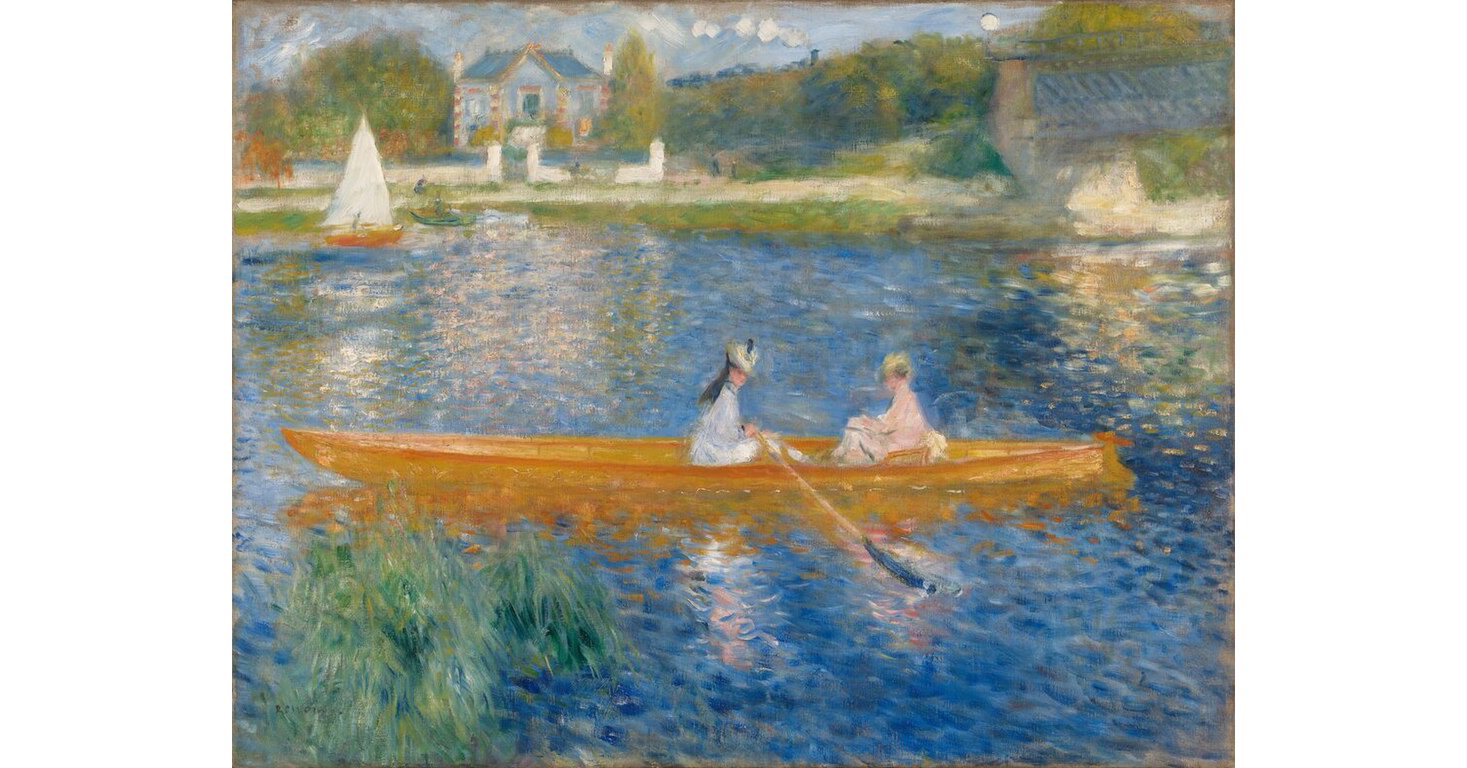
Weekly History Quiz No.249
1. Who painted Boating on the Seine in 1879?
Try the full 10 question quiz.
The text of this article is republished from HNN in accordance with their republishing policy.

